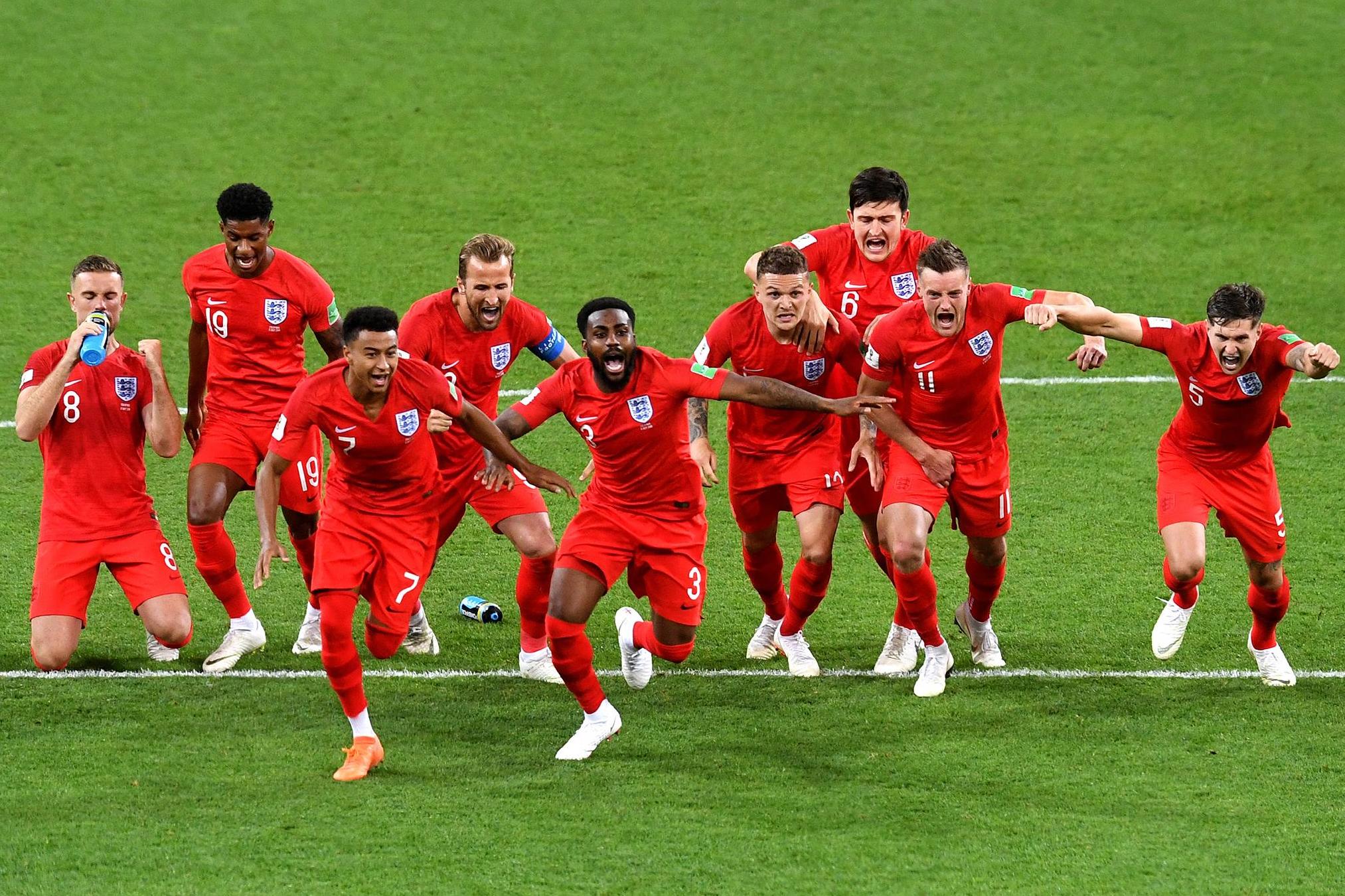Graphic poster of bleeding woman raises awareness of alarming link between World Cup and domestic violence
The correlation between domestic violence and football has been proven numerous times

A graphic poster is calling attention to the issue of increased incidents of domestic violence during the World Cup.
Ahead of this year’s World Cup, studies showing a correlation between violence and football were widely shared - with these reports finding that domestic abuse increases when England wins or loses a match.
The largest of the studies, conducted by Lancaster University in 2013, found that abuse increased by 26 per cent when England played and 38 per cent when they lost.
To draw awareness to the problem prior to the semi-final match between England and Croatia, the National Centre for Domestic Violence released a poster that addresses the disturbing link.
The campaign, created alongside communications agency J Walter Thompson London (JWT), shows a woman with blood pouring out of her nose - forming the St George’s flag.
Titled “If England gets beaten, so will she,” the campaign aims to combat the statistics of violence.
Of the poster, Jo Wallace, creative director at JWT, said: “As fans across the world watch each game with trepidation, so too do the partners of some of those fans.
“The lesser-known aspect of football is clearly communicated with this impactful campaign, ‘The Not-So-Beautiful Game.’
“The team saw these stats and immediately created this excellent work to help reach and support victims of Domestic Violence during the World Cup when they are in particular danger.”
The campaign also re-imagines other countries flags into domestic violence incidents.
In addition to the Lancaster study, which analysed data from the 2002, 2006, 2010, and 2014 World Cups, previous studies have been conducted by the National Centre for Domestic Violence, the National Police Chiefs’ Council and the BBC on the existing link between football and domestic violence.
The 2014 study found that violent incidents rose to 79.3 a day when England played, in comparison with the 58.2 reports on days they weren’t playing.
Incidents were 11 per cent higher the day after England played, despite whether they’d won or lost.
Join our commenting forum
Join thought-provoking conversations, follow other Independent readers and see their replies
Comments
Bookmark popover
Removed from bookmarks